California consumer protection laws consist of the California’s Consumers Legal Remedies Act (CLRA) and unfair competition law (UCL). CLRA is contained in California Civil Code §§ 1750-1784. UCL is codified in Business & Professions Code § 1720 et seq.
Consumers are protected from unfair, unlawful, fraudulent and deceptive business practices. Proper written notice of the alleged violation and a demand that the problem be corrected is the first step to protecting your consumer rights. Consumers are protected from business practices which violate federal as well as state laws, unless the remedy is precluded by statute or decisional law. In August 2013, the California Supreme Court reaffirmed that consumers are protected by UCL based on violation of state law, even when the same acts violate a different state law which does not provide for a consumer remedy (Zhang v. Superior Court, California Capital Insurance Company, real party in interest). Another California Supreme Court decision in August 2013, determined that consumers are protected by UCL for a bank’s violation of the federal Truth in Savings Act (Rose v. Bank of America, N.A.). Below are some of the deceptive business practices prohibited by CLRA.
“The following unfair methods of competition and unfair or deceptive acts or practices undertaken by any person in a transaction intended to result or which results in the sale or lease of goods or services to any consumer are unlawful:
(1) Passing off goods or services as those of another.
(2) Misrepresenting the source, sponsorship, approval, or certification of goods or services.
(3) Misrepresenting the affiliation, connection, or association with, or certification by, another.
(4) Using deceptive representations or designations of geographic origin in connection with goods or services.
(5) Representing that goods or services have sponsorship, approval, characteristics, ingredients, uses, benefits, or quantities which they do not have or that a person has a sponsorship, approval, status, affiliation, or connection which he or she does not have.
(6) Representing that goods are original or new if they have deteriorated unreasonably or are altered, reconditioned, reclaimed, used, or secondhand.
(7) Representing that goods or services are of a particular standard, quality, or grade, or that goods are of a particular style or model, if they are of another.
(8) Disparaging the goods, services, or business of another by false or misleading representation of fact.
(9) Advertising goods or services with intent not to sell them as advertised.
(10) Advertising goods or services with intent not to supply reasonably expectable demand, unless the advertisement discloses a limitation of quantity.
(11) Advertising furniture without clearly indicating that it is unassembled if that is the case.
(12) Advertising the price of unassembled furniture without clearly indicating the assembled price of that furniture if the same furniture is available assembled from the seller…”
Civil Code § 1770.
